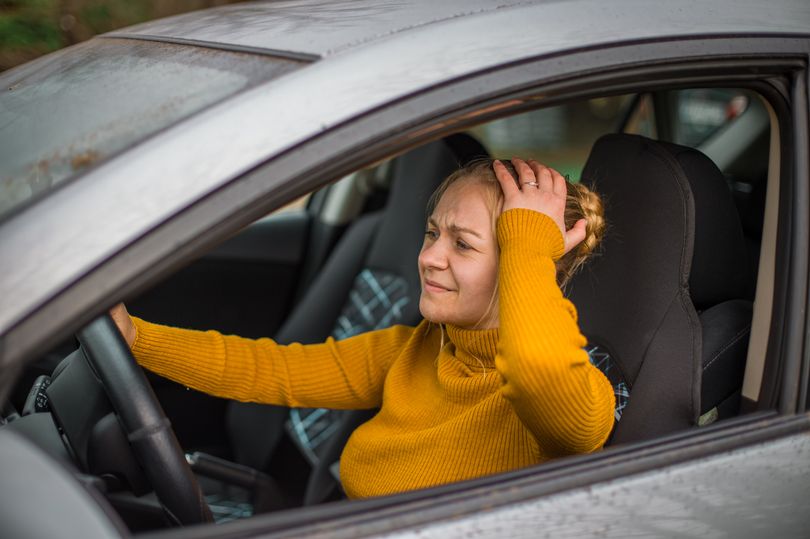Drunken Driver Banned: UK Cracks Down on Boozy Seats Behind the Wheel

Motorists could be at risk of receiving a fine or even a driving ban for being drunk without even starting their car. While many may believe that the threshold for being prosecuted for drink driving must involve the engine running and the car moving, the law says otherwise.
Section 4 (2) of the Road Traffic Act 1988 states that it is an offence to be "in charge of a mechanically propelled vehicle which is on a road or other public place" while being "unfit to drive through drink or drugs".
Typically, police will treat this as a DR50 driving offence, which convicts someone as being in charge of a vehicle while unfit to do so through drink. Data secured by Select Car Leasing through a Freedom of Information (FOI) Act from the DVLA shows that 288 people were successfully prosecuted under DR50 charges between 2021 and 2024.
- Homeowners who park cars on driveways could be slapped with a £100 fine under rule
- I drove a car with a speed limiter and some motorists weren't pleased
The same FOI also shows that 2,178 were successfully prosecuted under a DR40 charge, which is the offence for being in charge of a vehicle while above the legal alcohol limit. Graham Conway, managing director at Select Car Leasing, said: "If you’re inside a vehicle with the keys you could be prosecuted under the DR50 offence.
“That means if you’ve had a few too many and fancy sleeping it off in the back seat, you may still end up with a fine and ban.”
Fine for DR40 and DR50 convictions
Offence codes are used by the DVLA and police to help categorise driving offences, which also provides set penalties if someone is found to be in breach of them. If a driver is found guilty of a DR50 or DR40, they could face a fine of up to £2,500 and up to 10 penalty points.
Furthermore, these convictions will also stay on your driving record for four years from either the date the offence was committed or from the date of conviction where a disqualification was imposed.
Drink-drive limit
Official guidelines set out strict limits for the alcohol level allowed when operating a vehicle. Keep in mind that Scotland has its own limits separate from the rest of the UK.
Typically, police will test this alcohol level with a breathalyser test. However, they may also choose to take a blood or urine sample, the levels of which are outlined below.
| Alcohol level | England, Wales, and Northern Ireland | Scotland |
| Micrograms per 100ml of breath | 35 | 22 |
| Milligrammes per 100ml of blood | 80 | 50 |
| Milligrammes per 100ml of urine | 107 | 67 |
Graham added: "Obviously, the best approach is not to drink any alcohol if you’re going to drive your car.
“Although there are some rough guidelines out there, there’s no way of knowing how a few pints or glasses of wine could affect your ability behind the wheel, as factors such as age, weight, gender and the amount of food you have consumed all come into play.
“It's also important to bust the myth that drinking a coffee or having a shower will sober you up quickly enough to drive safely - it can take hours for alcohol to leave your system. A mistake many people make is to believe they are fit to drive the morning after, no matter how much booze they consumed the night before.
“It is very possible to be still over the limit and as a result be a danger to other road users and risk losing your licence.”
0 Response to "Drunken Driver Banned: UK Cracks Down on Boozy Seats Behind the Wheel"
Post a Comment